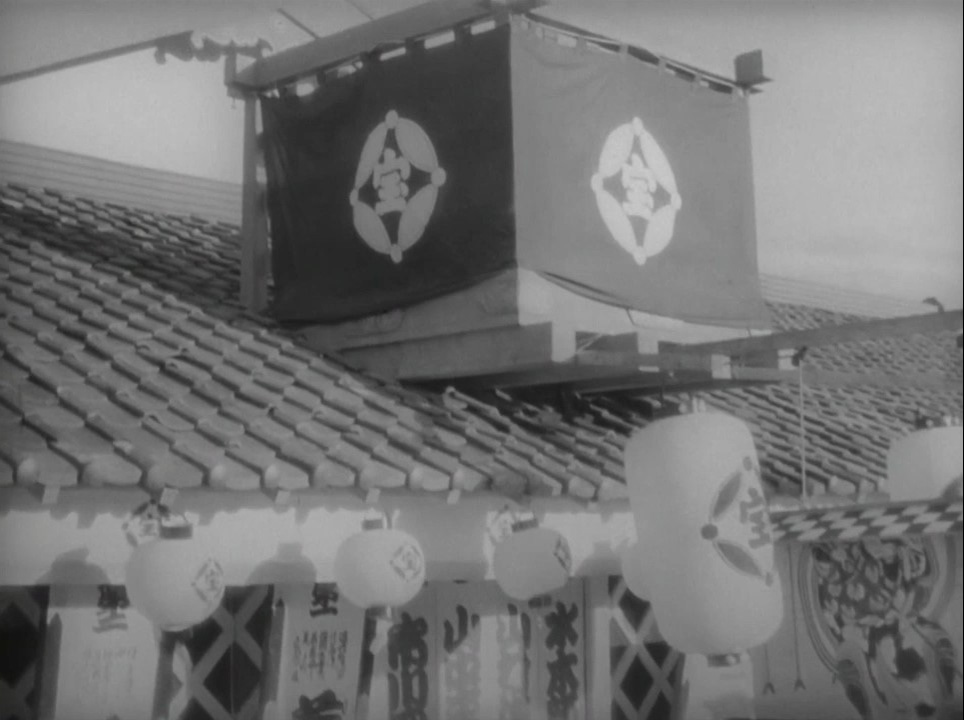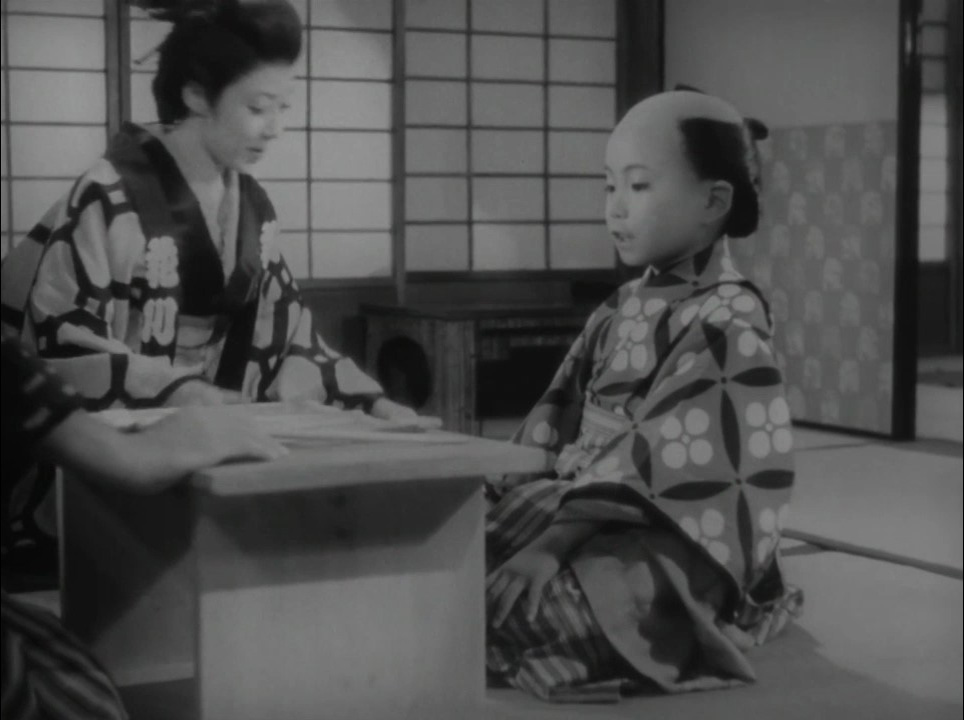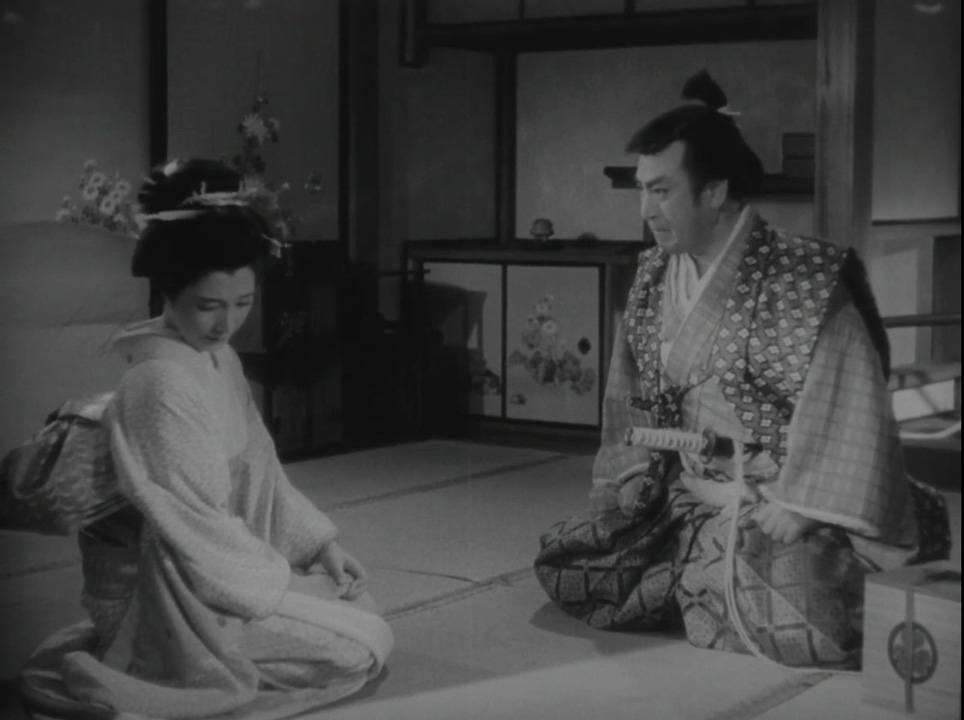 <
<
Five men from (Greater) Edo
"After the Second World War, shooting Jidai-geki was frowned upon in Japan. Because they sensed that historical films upheld feudal values, the American occupying powers banned the production of such films entirely and destroyed numerous older films.
The American occupiers soon realized that they had significantly underestimated the genre's popularity with Japanese audiences. The few jidai-geki produced in the 1940s all proved to be box-office hits, and by the time Americans left mainland Japan in 1952, historical drama had long since reestablished itself as Japan's top-grossing film genre.
One of the very successful films was O-Edo Go Nin Otoko (Five Men of Edo), based on the famous 1881 kabuki play Kiwametsuki Banzui Chobei (The Renowned Banzui Chobei). A film whose great success was probably due to the fact that it announced a departure from the archaic celebration of the samurai, but at the same time marked a return to the virtue of the Japanese nobleman, which had always given the genre its unique pathos."
after Pablo Knote on nippon-kino.net, 2014


